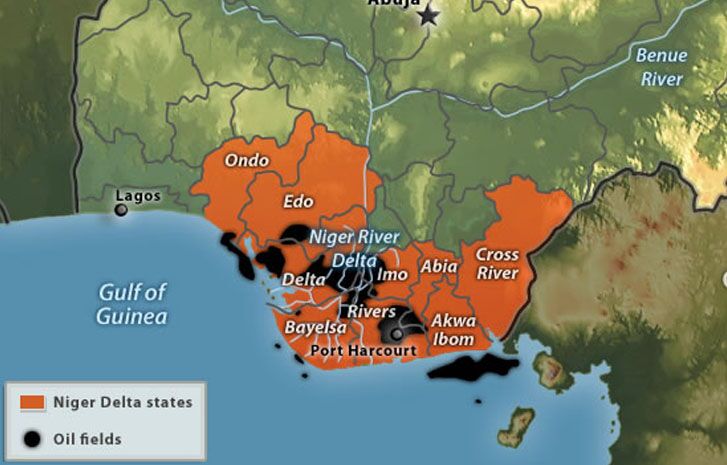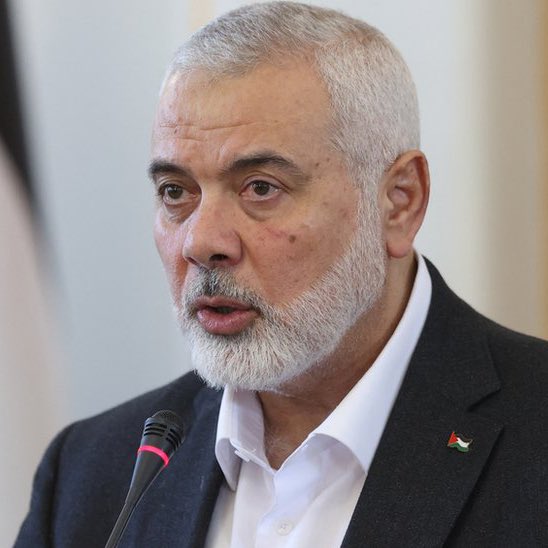Environmental rights groups and civil society organisations have issued a dire warning over the worsening air quality in the Niger Delta, declaring that residents of Port Harcourt are “involuntarily smoking” due to unchecked fossil fuel pollution.
At a stakeholder forum organised by the Media Awareness and Justice Initiative (MAJI) in Port Harcourt on Friday, participants described the air in Rivers State as dangerously contaminated by emissions from gas flaring, artisanal oil refining, traffic, and heavy industrial activity.
“Everyone in Port Harcourt should be worried. We’re all smokers here — not by choice, but by pollution,” said MAJI Executive Director Okoro Emmanuel Onyekachi.
MAJI said it is collecting environmental data across urban and rural areas to build a baseline pollution profile that will drive advocacy, policy reform, and public health interventions.
According to Onyekachi, pollution patterns differ across communities, but urban areas suffer more consistent exposure due to traffic and machinery. He urged the government and health authorities to respond with evidence-based policy and enforcement.
“The health sector must start speaking to polluters. We need clear, data-driven action to stop this silent epidemic,” he added.
Environmental advocate Steve Obodoekwe highlighted air pollution as a neglected but lethal threat.
“People focus on oil spills and water contamination, but air pollution is the most dangerous. It kills silently — you don’t see the damage until it’s too late,” he said.
Obodoekwe commended MAJI’s focus on air quality, stressing that invisible toxins go beyond the infamous “black soot” and require urgent media attention and public pressure.
“Our environment is sick — and so are we. Quietly, slowly, but surely,” he warned.
The forum brought together stakeholders from civil society, media, and government agencies to explore how accurate environmental data can fuel effective climate action and accountability in Nigeria’s oil-producing regions.




